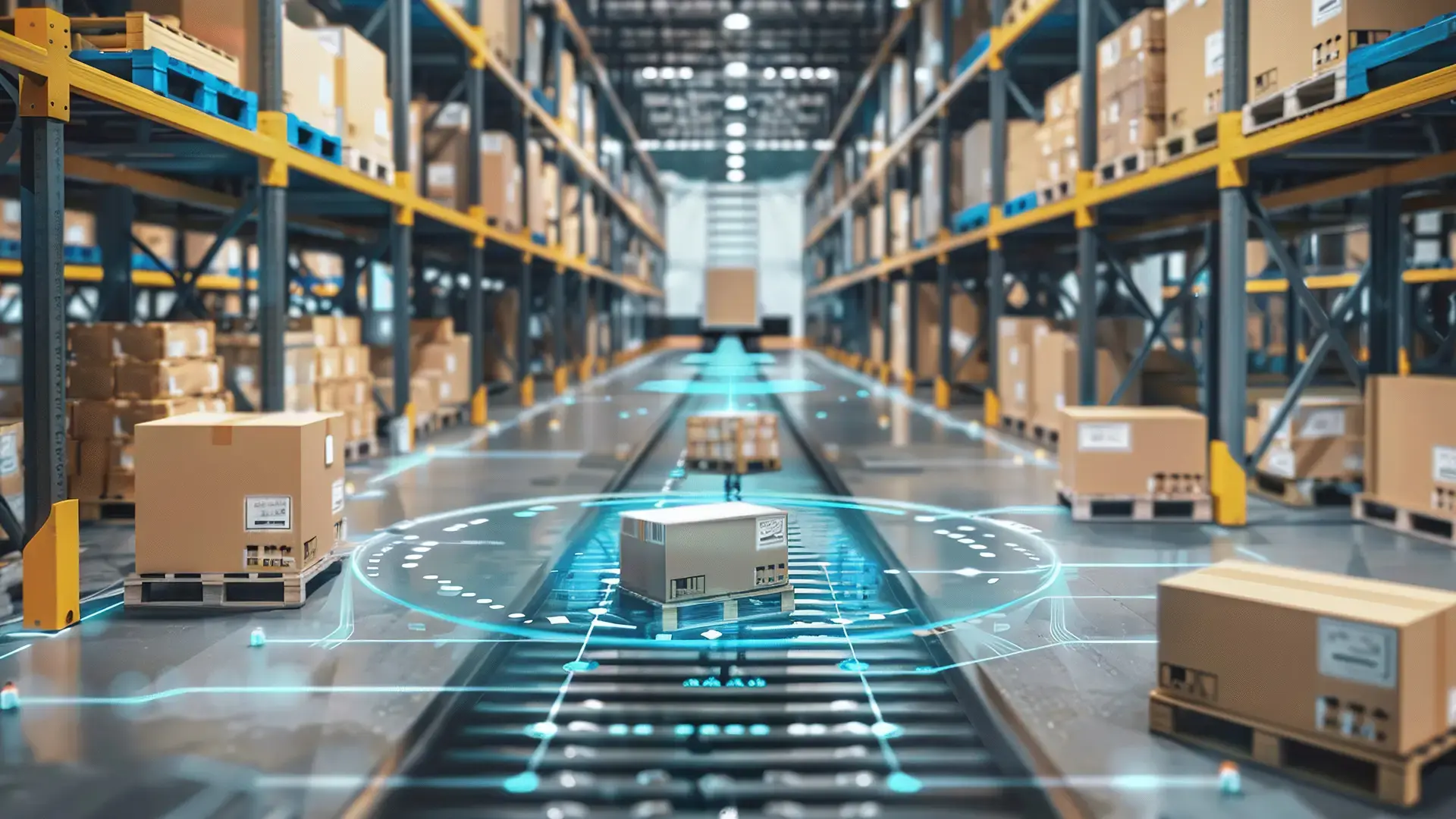With consumers today demanding convenience, personalization, and quick delivery, the rapid ascent of e-commerce has fundamentally redefined the supply chain landscape. While this new landscape means easier and faster product ordering for consumers, it puts traditional supply chains under unprecedented pressure to adapt their direct-to-consumer fulfillment, inventory management, and procurement strategies.
This rapid shift in consumerism also means that adapting to the new e-commerce-driven ecosystem is no longer a nice option—it’s a must if companies want to remain competitive, scalable, and profitable.
Fortunately, by exploring this transformation and understanding inventory optimization, increased e-commerce can be a game-changer rather than an obstacle for your business.
Understanding the Shift: Modern Consumer Behavior’s Impact on Inventory Management
It is no secret that modern consumer behavior has shifted dramatically. However, understanding exactly how it has shifted is critical for businesses to adapt. From in-store browsing to mobile-first, digital purchasing, consumers today expect seamless experiences through apps, fast checkouts, and tailored product suggestions powered by AI algorithms.
For those managing e-commerce logistics, this means more frequent, smaller orders with tighter delivery expectations. It’s equally important to understand how technologies, like augmented reality (AR), are also reshaping online shopping. While this boosts engagement, it also pressures supply chains to manage higher return volumes and deliver quickly.
Traditional Supply Chain vs a Modern, Digital Supply Chain
While a traditional supply chain is linear and inventory-driven, like the retail industry, for example, a modern e-commerce supply chain is dynamic, tech-enabled, and consumer-first.
Some additional differences between a traditional supply chain and an e-commerce supply chain include:
- Inventory Management: Traditional supply chains rely on bulk shipments; e-commerce chains leverage real-time stock updates and multi-location warehousing.
- Customer Expectations: Traditional supply chains manage predictable lead times; e-commerce chains absorb demand for next-day or same-day deliveries.
- Procurement: Manual vendor selection is a hallmark of traditional supply chains; e-commerce chains harness AI-powered, data-informed sourcing.
- Technology: Traditional supply chains rely on a centralized ERP database; modern e-commerce integrates AI-powered systems that leverage real-time analytics.
- Returns Management: Traditional supply chains tend to receive minimal returns; a digital supply chain, on the other hand, seamlessly facilitates high-volume, fast-cycle returns and reverse logistics.
To meet these increasing modern demands, traditional supply chains must shift from cost-efficiency models to frameworks that nurture consumer agility and experience.
Top Challenges with Direct-to-Consumer Fulfillment
Of course, with increased opportunity comes increased complexity. While e-commerce supply chains introduce inventory optimization and consumer perks, they also present new logistical, technological, and operational challenges.
Delivery Challenges
High delivery volumes, compressed timeframes, and the continued rise of same-day delivery expectations put pressure on last-mile logistics. To make matters more challenging— delays, missed deliveries, or high shipping costs can damage customer trust and loyalty. To combat this, businesses must leverage more advanced route planning and reliable third-party logistics providers.
Challenges with Inventory and Demand Forecasting
Fluctuating demand due to online promotions, seasonality, and shifting consumer behaviors complicates demand forecasting. Overstocking leads to waste and storage costs, while understocking results in lost sales and customer dissatisfaction. To predict demand with real-time accuracy, companies must integrate data automation systems and AI-driven predictive modeling.
Fulfillment Challenges
The efficiency of fulfillment centers is vital for speed, accuracy, and scalability. However, many organizations struggle to balance efficiency with cost. With strategic site placement, lean processes, and technology like robotics and automated picking, companies can begin to reduce costs and enhance service levels.
Emerging Trends in Sustainable E-Commerce Logistics
To keep pace with evolving consumer expectations, many companies are starting to embrace new technologies and business models that streamline operations and improve customer satisfaction.
Some of these emerging trends in modern e-commerce include:
- Distributed Warehousing: Strategically located micro-fulfillment centers to reduce delivery time and costs.
- AI-Driven Procurement: Real-time data enables smarter supplier selection and pricing optimization.
- Eco-Friendly Packaging Solutions: Sustainability remains a top concern for e-commerce brands and consumers alike.
- Omnichannel Integration: Seamless omnichannel fulfillment across physical stores, e-commerce platforms, and third-party channels.
- Cloud-Based Supply Chain Platforms: Increased visibility, collaboration, and responsiveness across partners and vendors.
Optimize Your Fulfillment Strategy for E-Commerce Growth
To thrive in today’s hyper-competitive e-commerce marketplace, businesses must evolve from reactive fulfillment models to proactive, intelligent, and customer-aligned supply chain strategies. With AFFLINK’s expansive network of suppliers, advanced procurement technologies, and personalized consulting services, members are uniquely positioned to overcome these challenges and capitalize on e-commerce growth.
If you're ready to modernize your fulfillment strategy and adapt to the future of commerce, connect with our team of experts today. Together, we’ll help you buy smarter, sell innovation, and deliver unforgettable consumer experiences.
About AFFLINK, LLC.
As “The Home of the Independent,” AFFLINK connects more than 250 manufacturers of Industrial Packaging, Facility Maintenance, Food Service, Safety, and Office Supply solutions with more than 300 independent distributors. AFFLINK (www.afflink.com) is the critical link, offering clients innovative products - and for distributors - market expertise and improved profitability, all of which is fuelled by leading-edge information technology.





